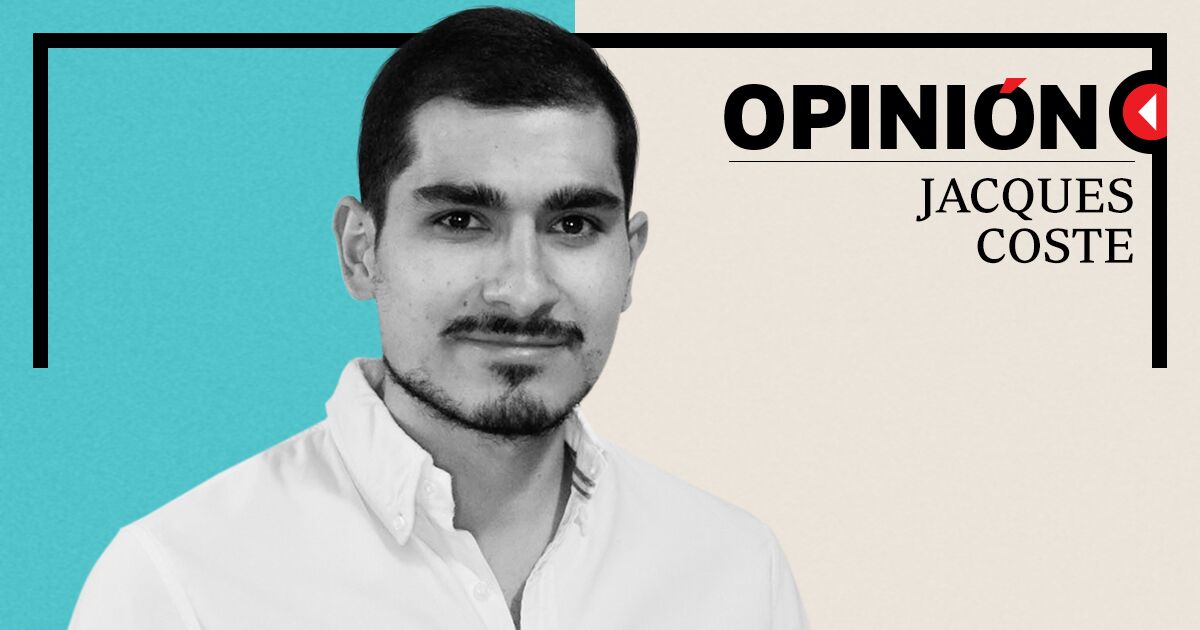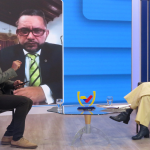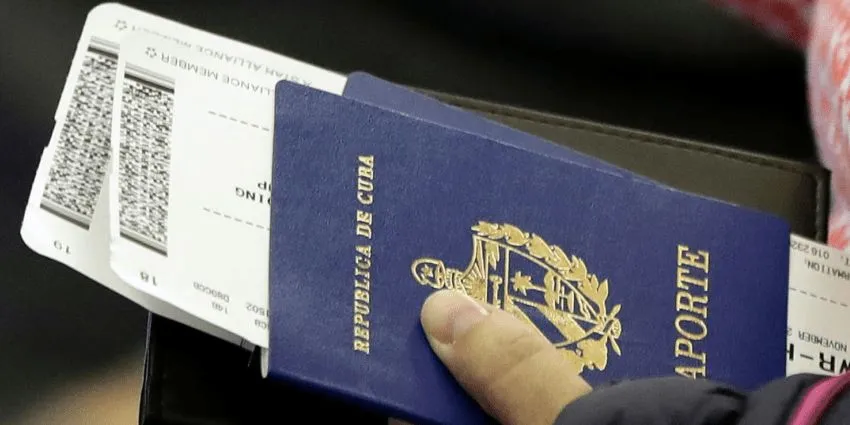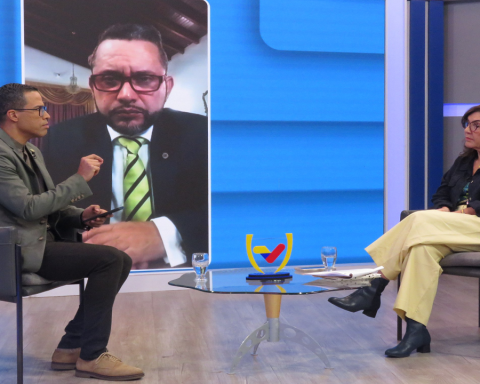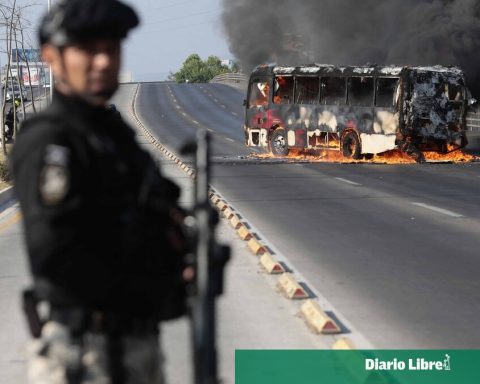The genocide in Gaza, the possibility of a war of unprecedented proportions in the Middle East, the Russian invasion of Ukraine, the rise of China as a superpower, the environmental and climate crisis, the gradual decline of the United States as a hegemonic power, the exhaustion of the neoliberal cycle of global capitalism, the social challenges to the order of values that defined the West for a long time, the large migratory movements, the national political challenges to liberal democracies, the challenges to the liberal international order and the rise of populist or authoritarian political movements in more and more countries around the world were already clear signs of the end of an era.
However, the surprising acceleration of technological development and the consolidation of AI as a tool of daily use for large sectors of the world’s population could give the final push to this historic change.
According to Noriega, the world has never before experienced such an acceleration of technological advances as we have seen over the last three decades: for example, smartphones went from existing only in laboratories to being an indispensable commodity for a large part of the world’s inhabitants in a matter of three or four years. The same thing is happening right now with AI.
If we will no longer live in the post-Cold War international order or in the neoliberal phase of global capitalism, what will be the distinctive signs of the new world order? What can the government, businesses, academic institutions, non-governmental organizations and communities in Mexico do to adapt to the new historical moment? These are the questions we should be thinking about, but sadly I see few comprehensive and in-depth reflections on the subject in academic forums and in the media of our country.
The 1980s were a similar time of tremendous change in the world: from the beginning of the end of the Cold War to global neoliberal reforms, from the great increase in international trade and the end of welfare states to the outsourcing of production by transnational corporations and the positioning of the United States as the undisputed hegemonic power, among many others.
For an academic project that is not relevant, I have been reading dozens of books, articles and essays written by Mexican intellectuals in the 1980s. The way in which these texts reflected on the profound global transformations and the future of Mexico is striking. I do not believe that there are currently debates of that intellectual stature and scope in our country. With a few valuable exceptions, I do not see today an interest in the future similar to that which existed at that time.
Books like After the miracle by Hector Aguilar Camin or The dispute over the nation by Carlos Tello Macías (may he rest in peace) and Rolando Cordera, or public controversies such as the famous debates “The Experience of Freedom” and “The Winter Colloquium”, organized by the magazines Lap and Links respectively, they took into account global transformations and proposed ways for our country to benefit from them or, at least, adapt to the changes and mitigate the negative effects.
